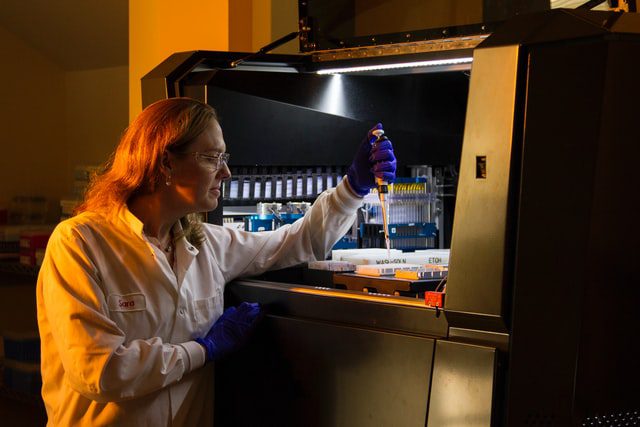
India: “Double mutant” coronavirus strain B.1.617 evading RT-PCR tests
B.1.617, The “double mutant” coronavirus variant that is causing the current wave of Covid-19 in India is not just highly infectious but also stealthy. New Delhi hospitals say there are getting cases where a patient has typical symptoms of the disease but tests negative for the viral infection, sometimes twice or three times with RT-PCR.
“We have received many such patients in the past few days. They had fever, cough, shortness of breath and the CT scan of the lungs showed lighter-coloured or grey patches. It is referred to as patchy ground glass opacity in medical terms. The condition is one of the defining characteristics of Covid-19,” Dr Aashish Chaudhry, managing director of Aakash Healthcare, said
He added that some of the patients underwent bronchoalveolar lavage (BAL), a diagnostic method in which a flexible scope is passed through the mouth or nose into the lungs with a measured amount of fluid introduced and then collected for examination, which confirmed the diagnosis. “All such persons who tested negative through conventional Covid-19 testing methods but had disease symptoms came positive in the lavage test,” Dr Chaudhry said.
Dr Pratibha Kale, associate professor of clinical microbiology at Institute of Liver and Biliary Sciences, said, “It is possible that in these patients the virus didn’t colonise the nasal or throat cavity because of which swab samples taken from these areas didn’t yield a positive result.” The virus, she added, attached itself to the ACE receptors — a protein found on the surface of many cell types — in the lungs and “that’s why when the fluid samples from the organ were analysed, it confirmed Covid-19 diagnosis”.
Dr Vivek Nangia, the chief of pulmonology division at Max Healthcare, said nearly 15-20% of the Covid-19 patients suffered from this problem. “They are highly symptomatic of the disease, but test negative. This is a serious problem because such patients can continue to spread the infection if they are admitted in non-Covid areas. Also, it can delay the treatment,” he added.
Image by enjoytheworld from Pixabay





